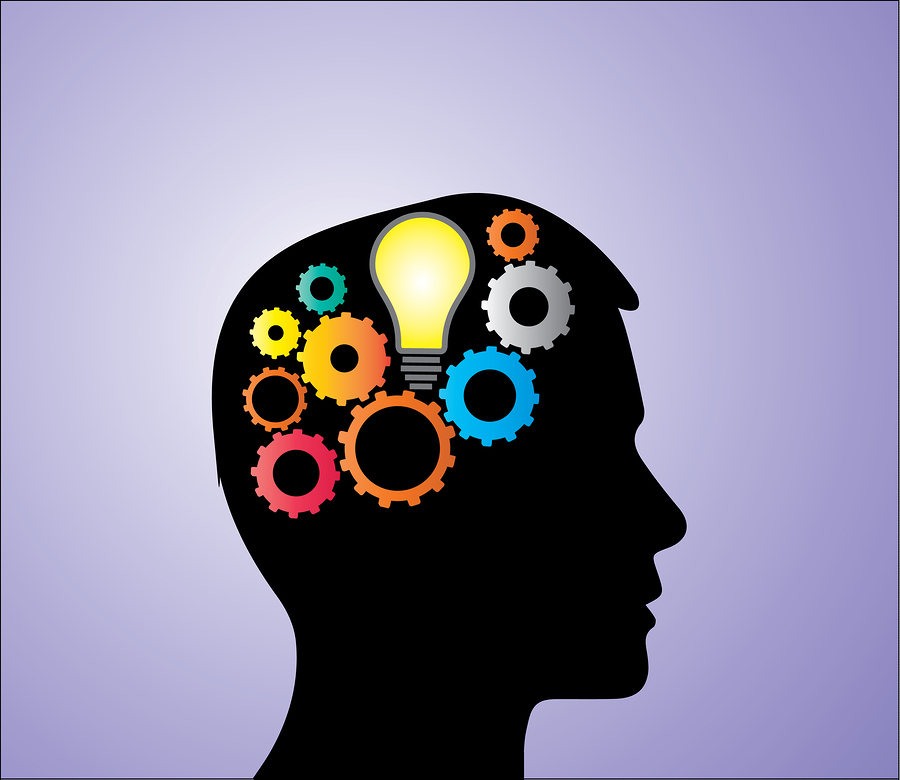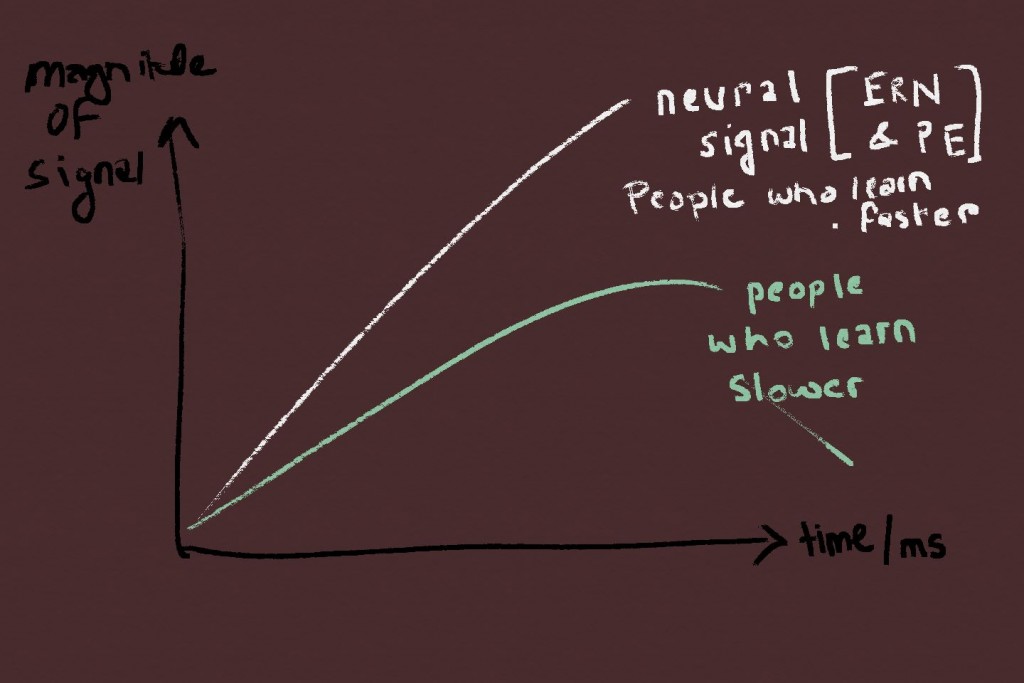Oh Hank, how do you do it?
Hank represents all the students who got a 100, ‘effortlessly’, while I, after crumpling up my social life into a ball and throwing it away, ended up with…(lets keep a little bit of my dignity intact and go with..umm, a bad grade!)
I decided to dig a little bit into why some people do better than the others, in the hope of finding the mystery anecdote to how I could do a little better in my next midterm.
The answer lies in the brain.
Oh wow Sherlock, thanks for telling us.
Before you decide that this is a rather useless blog post, and you should go back to studying instead, read a little further.
Aha! You have just discovered the first step to learning better:
READ THE WHOLE TEXT BEFORE DECIDING ITS USELESS
Most of the time, we do not read the whole text and assume that we know it. We do the same with questions, and so we fail to retrieve the full information from the text, and overlook crucial hints. Learning how to ‘ read efficiently’ will help you pick out the important information, and so is considered the fundamental step in learning better.
REVIEW YOUR MISTAKES
There are two types of people in this world.
A. People who are staunch believers of ‘I am not just that talented and there is nothing I can do to change it’
B. Cool people (like myself) who believe that ‘talent’ is not an innate quality. Anyone can be good at anything, provided that they invest enough time and energy.
Unsurprisingly, studies show that people from the latter category are better learners. Studies have also shown that those who learn more easily also produce a greater involuntary neural response called error-related negativity (ERN), and a more consistent secondary signal called error positivity (Pe)
ERN is almost immediate, and its magnitude is proportional to the initial response – meaning, if making an error greatly upsets you within 50 milliseconds of realising that you have made it, you would generate a greater ERN.
The second signal arrives a little later, and is associated with awareness. It occurs when we pay attention to the error, and the disappointment of dwelling on it.
These signals mean that the person is mindful of their error, and is trying to learn from it. This combined with the attitude that trying yields better result forms the most powerful weapon to getting better outcomes from learning.
Guess who reviews his mistakes and does to see it as a sign of his failure
HANK!
Read more on why some people learn faster.
REAP WHAT YOU PLANTED
Standardized tests are the most common way of finding out how well you have learned something. Even if you memorise the whole book, if you do not know how to apply that information, it is just as good as useless. Along with learning the material, it is also important to learn how to apply them.
I bet Hank read – How to give a good exam
If the first midterms were not good for you, it means that you haven’t figured out what method of learning works for you. It is not a reflection of how smart you are, or how you will do in the future.
It simply means that you have crossed out one way of studying that doesn’t work for you!
Note: Hank is an imaginary character.




 Follow
Follow

Leave a Reply